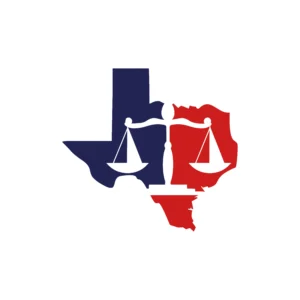If a person dies in any state without a will, they are said to have died intestate. Since they died without leaving written instructions about how they want their assets distributed, the assets will be distributed according to the Texas Estates Code.
The law requires the court to appoint an executor of the estate. Beneficiaries have no say in who this executor will be. Also, the law lays out clearly how the assets of someone who dies without a will are distributed. This law cannot be challenged.
Texas Property Distribution Law When Someone Dies Intestate
An overview of who inherits the assets of someone who dies intestate is:

- All assets go to a surviving spouse if there are no children.
- If there are surviving children but no spouse, the assets are divided among the children.
- If there is a surviving spouse and children, and the children are the children of the surviving spouse and the decedent (the one who died), the spouse inherits all community property, one-third of the decedent’s separate property, and the lifetime use of any separately owned real estate. All other assets are divided equally among the couple’s surviving children.
This is not a comprehensive list. It continues with rules for those related to the decedent depending on the level of the relationship of survivors. There are additional distribution laws that can make distribution complicated, for example, if the decedent has a surviving spouse, but children with former spouses or from other relationships.
The list continues and depending on whether there are surviving heirs in one category, the decedent’s estate will continue down several levels until a living person is found. The order of intestate succession is spouse, children, parents, siblings, cousins, nieces, and nephews, etc.
Property that is Exempted from Laws Governing Intestate Asset Distribution
Some property is exempt from intestate distribution laws:
- Proceeds of life insurance. These go immediately to the named beneficiary.
- Property owned in joint tenancy. It goes to the surviving joint tenant.
- Retirement funds. They go to the named beneficiary.
- Property in a living trust.
- Bank account funds when there is a payable-on-death provision for funds to be transferred to the named beneficiary.
Contact the Reecer Law Firm PLLC for Assistance
Dena Reecer is Board Certified in Estate Planning and Probate Law by the Texas Board of Legal Specialization. She is also the founder and owner of the Reecer Law Firm PLLC. If you are an heir of someone who died intestate or are the court-appointed executor of an estate or personal representative, contact the law firm for more information about how the attorneys can help you.
